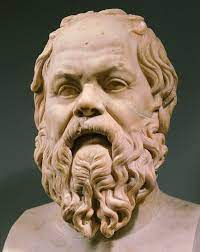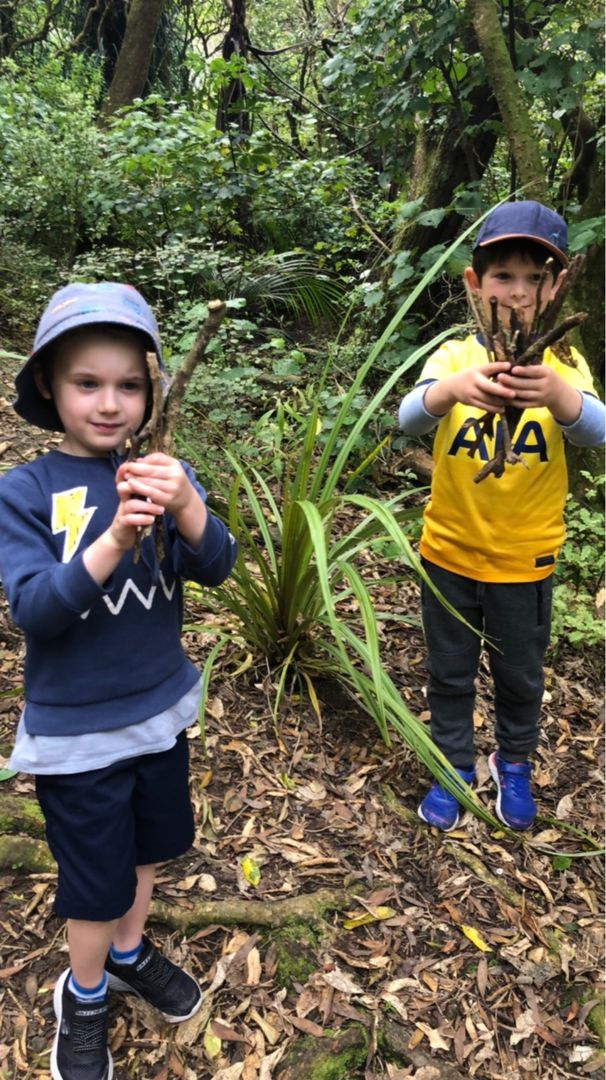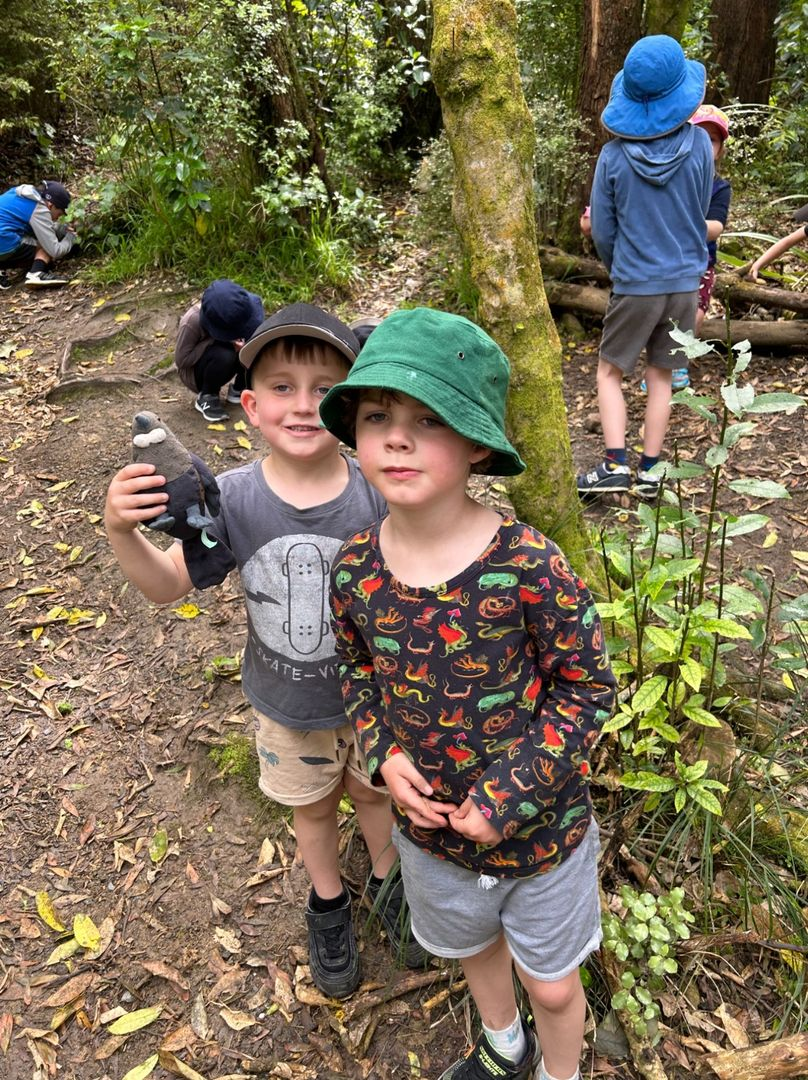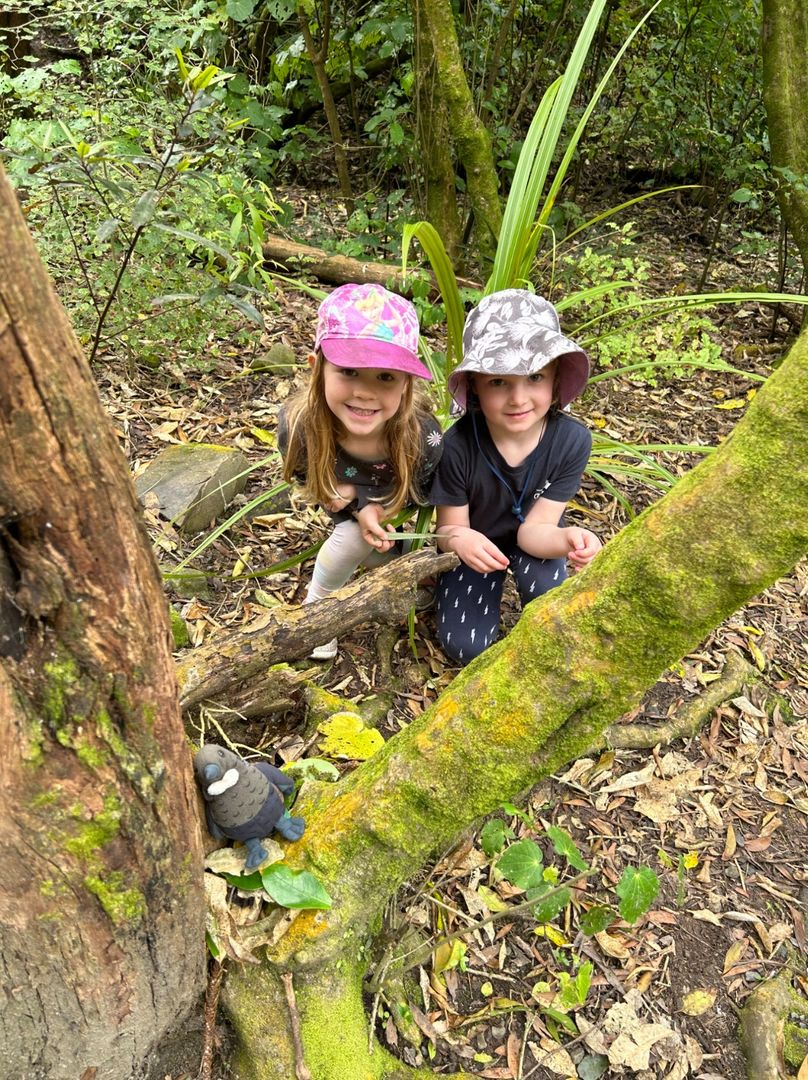We hope that you all have a great holiday. Merry Christmas and a Happy New Year!
Saturday, 17 December 2022
Wrapping up 2022
Thursday, 8 December 2022
2022 highlights
Wow! It is hard to believe that another year has flown past us at Worser Bay School.
In this blog I'm going to highlight a few events from this year and I encourage you to check out the links if you want to find out a little bit more.
Thursday, 1 December 2022
Our Place: examining the evidence
We’ve tracked the history of Our Place from its earliest discovery by Māori, through its past as a pā site and kāinga, and also as part of a farm. This week, our Inquiry arrived at the most recent 125 years. With more families making Worser Bay their homes, it was decided in 1897 that a school should be created. Our school began life in the church hall on what is now Marine Parade, moving up the hill to its current site a year later.
The first intake of children was just 16, with one, industrious female teacher. This made the whole of school quite a lot smaller than Autahi is now. The original school building started off with just two rooms, but more were added as the school grew. By November 1902, the roll had reached 77. It's interesting to note that, when the role reached 80, the school board decided that a married, male principal was required.
The original school building (pictured above) was still in use until 1979, when it was demolished and rebuilt to the current 'child-friendly' (and award-winning) design.
Throughout this Inquiry, we've been trying to keep in mind the role of evidence. How do we know what we think we know? Where does our information come from and what form does it take? Our evidence has included legends, photos, newspaper reports and other written accounts as well as exploring our physical environment.
This week, we've been able to make use of the archive of photos and written memories that we hold at school. Looking at the photos has been particularly rewarding. Could we recognise our school and the places we know? What are the children and teachers wearing? What's the same - and what's different?
We have also welcomed a past Worser Bay student to share his memories - another form of evidence. Jack, our visitor, was at Worser Bay 20 years ago and was here for the school's 100th anniversary.
Our current crop of Road Patrollers will be interested to know that, "After Road Patrol, in the Winter, you got hot chocolate."
Wednesday, 23 November 2022
Ha-pea-ness!
At last, the first of the Autahi peas are ready to eat!
We have been dialling up our Patience since we planted the seeds during Rising 5s at the end of August...
Friday, 18 November 2022
Philosophy for children
At Worser Bay School we explore philosophical ideas through philosophy for children.
In this blog I'll detail how we build the skills for staging a discussion, highlight some of the resources we use and show some of the results of discussions that have happened so far this year.
The level of thinking and ideas that can come from even the youngest children never ceases to amaze me and philosophy for children is designed around the premise that everyone has something to say.
A typical P4C session will start with a reflection on our goals for the session. Recently we have been working on the goal that only one person is speaking at a time.
Wednesday, 9 November 2022
Our Place: a local history inquiry
Did you know that our school is 125 years old this year? (We may have mentioned it once or twice as we’re very proud of this fact!) This week, Autahi embarked on a mini inquiry to discover more about ‘Our Place’. This is as local as local history gets as we’re focussing on the place where our school now stands. How has it changed over time? Who was here before us? What was on this land before our school?
There is plenty to dig into and it's not hard to be engaged by a topic that is so close to home. But, learning about our place here up above Worser Bay gives us important insights into some bigger themes in our country's history. Where our school now stands, there has been an important Pā site and a farm. Whātonga, Tara (who gives his name to Te Whanganui-a-Tara - Wellington Harbour) and the legendary voyager Kupe sailed their waka in the waters around our school.
You may be aware of the new Aotearoa New Zealand Histories curriculum. In working on this inquiry, we are engaging with this rich resource. The curriculum is structured in layers. Children children return to the same broad topics as they progress through primary school, building extra layers of knowledge and nuanced understanding over time, as is appropriate to their age and stage.
Knowledge and skills are structured into three interwoven strands:
For this inquiry, we are drawing particularly on these key understandings:
UNDERSTAND
Māori have been settling, storying, shaping, and have been shaped by these lands and waters for centuries.
The settlement of Aotearoa New Zealand has contributed to an increasingly diverse population, with many languages and cultures now part of its fabric.
Individuals, groups, and organisations have exerted and contested power in ways that improve the lives of people and communities, and in ways that lead to exclusion, injustice, and conflict.
KNOW
The new Aotearoa New Zealand Histories curriculum can be found at here and is well worth a look.
Our Inquiry has just begun. Getting a grip on history is tricky so we started by creating a collaborative timeline to explore what we know already about things that have happened in the past.
Wednesday, 2 November 2022
Learning in the great outdoors
This week, Autahi and Tautoru walked to Centennial Reserve to spend some time learning and playing in the great outdoors.
Getting there was all part of the adventure. We were so proud of our Autahi students' Zest and Perseverance on the walk - especially on the way back, when it got quite hot!
At the Reserve, we had a little Morning Tea picnic before spending time sketching, building birds' nests and visiting the wētā hotel.
We hope that experiences like this build our children's confidence to enjoy the natural world, and Curiosity about the plants and creatures in our local environment. As an Enviroschool, this is part of our mission. We know that we are lucky to have areas of native bush close our school, as well our beautiful beaches and coastline. Connecting with our local environment is a sure-fire way to build commitment to treating it with care and respect.
As a Positive Education school, we are also fascinated by the ways in which being outdoors benefits our brains, as well as improving our physical fitness. Activities like taking on the challenge of walking to Centennial Reserve or climbing a tree have been shown to build Resilience and problem-solving skills that transfer to other areas of life. Benefits for our mood and sense of wellbeing come simply from spending time in the natural world. For us in Autahi, this might be gardening, Te Wā Mahi Tahi, sport, play or simply taking our regular lessons outside.

















































